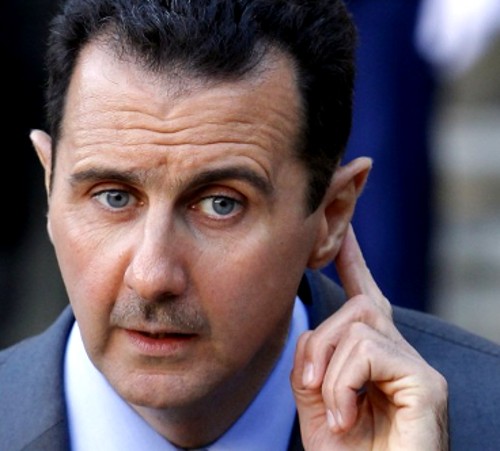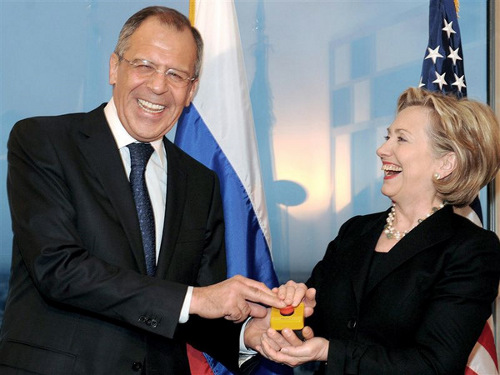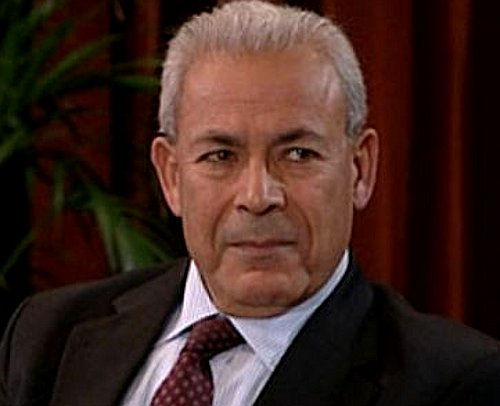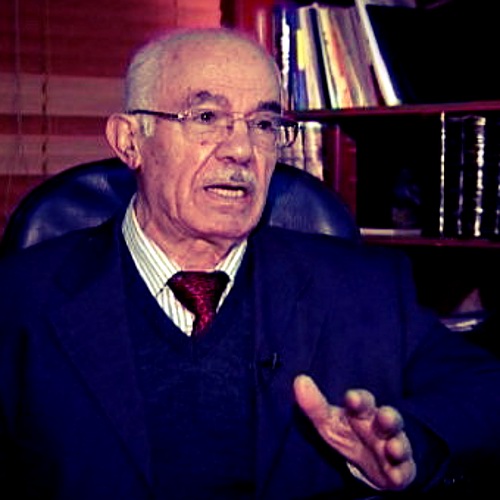One Year of Syrian Uprising: Where is the Arab Spring?
By Anthony Zeitouni

The Syrian uprising has just entered its second year with two big NO’s: NO political solution and NO military solution. The Military/Security option adopted by Assad’s regime a year ago failed to cool down the uprising, and failed to save the lives of civilians. It failed to achieve a complete victory over what Assad had called “terrorist groups” that conspire against Syria. Also, the so-called reform of Assad’s regime failed to establish or even promote any real change toward reform. It did not even launch a political discussion with Syrian citizens.
Assad’s regime plagiarizes the old constitution when creating the new one even while there is unparalleled bloodshed in many places around the country. He is planning to do the same with the upcoming parliamentary election scheduled for May, 2012. Too little reform too late will just aggravate the crisis resulting in more violence in Syria. Even Russian Foreign Minister Sergei Lavrov criticized Bashar Assad for the “big delay” in reform in Syria, “the current deadlock can end up engulfing everyone,” Lavrov warned.
On the opposition side, the Syrian National Council, SNC, the main political body of the Syrian opposition, is in crisis similar to the Assad regime. The SNC has not yet launched a political discussion with the Syrians people, neither with ethnic, religious, nor political groups about the future of the regime or a post-Assad regime. However, the opposition started to militarize without any form of democracy on the horizon.
The SNC celebrated the first anniversary of the Syrian uprising with the defection of three of its most important leaders including veteran opposition figures Haitham al-Maleh and Kamal al-Labwani. The SNC failed to reach any political agreement with Syrian opposition groups or prominent personalities such as Michel Kilo, Aref Dalila, Faiez Sara or others living in Syria. The SNC has tried to marginalize them as well.
The international community is asked to officially recognize and support a flabby, politically non homogeneous large group (around 300 people), headed by a secular person, Burhan Ghalioun, and firmly controlled by the Syrian Muslim brotherhood with all their political attached strings. The crisis in the SNC is clearly reflected in the political arena of the opposition. After a bloody year in Syria, Assad’s regime looks more unified than its opposition.
Alain Gresh, the editor of Le Monde Diplomatique, recently wrote that “no one can believe even for a second that the Saudi regime seeks to establish democracy in Damascus.” I agree with that statement and can add that Assad believes that his legitimacy came from Syria’s regional role and not from the Syrians. Consequently, Assad is neither willing nor able to promote real democracy in Syria. Assad and the opposition are at loggerheads!
So the question is where does Syria go from here?
Assad’s regime will continue to oppose the “conspiracy” and the militarized opposition will continue to exhaust Assad’s regime because it can’t topple him without international military intervention which looks improbable. Neither party can reach a complete victory. The crisis is rapidly unraveling into civil war in Syria.Human Rights Watch recently announced that the conflict has now taken the lives of 8300 civilians and 1800 military.
Assad’s regime and SNC have reached a fork in the road. There is still a road not yet travelled. Longstanding opposition groups and dissidents have not entered into the discussion. These groups include the National Coordination Committee (NCC) of Hassan Abdel Azim; a newer group from Cairo called the Syrian Democratic Platform (SDP) of Aref Dalila, Samir Aita and Michel Kilo; the figures of the “Damascus Spring”; the people behind the “Declaration of 99”, which was signed and declared in September 2000 by 99 consistent public figures; the “Atassi Forum”; and the “Committees of Renewal of Syrian Civil Society” among others.
These people have been harshly treated in the prisons of Assad’s regime for long time because they lobbied for real democratic change in their country. They are still committed to democracy and a peaceful solution to the current crisis. It is time for both the regime and the international community to open a serious and sincere discussion with true and peaceful opposition groups and prominent Syrian personalities in civil society to engage them in creating a peaceful solution and to open the door to real reform and democratic change in Syria.
Albert Einstein once said: “The significant problems we face cannot be solved at the same level of thinking we were at when we created them.” In order to resolve this situation, the path of the Syrian crisis must change; the road not travelled could lead to an exit from violence. The “Arab Spring” has failed in Syria because it has not yet used the people and the tools of the 2005 Damascus Declaration for Democratic National Change.
Editor’s note: Anthony Zeitouni (anthonygaz@gmail.com ) is a Washington-based pundit who was born in Beirut, Lebanon. Follow Zeitouni on Twitter @Anthonygaz. His web site is www.AnthonyZeitouni.com
Related Articles















You must be logged in to post a comment Login